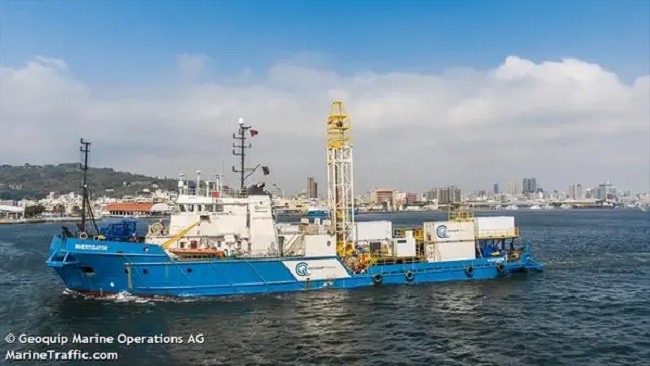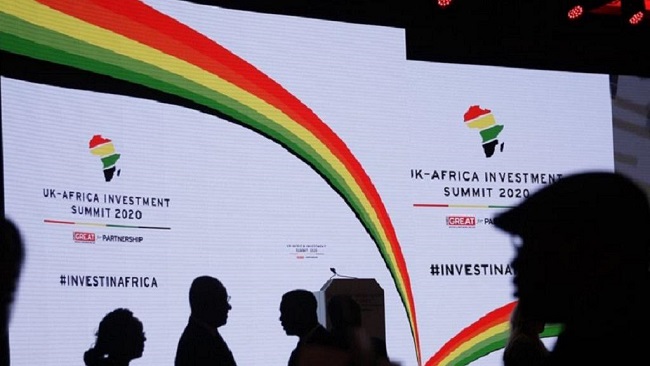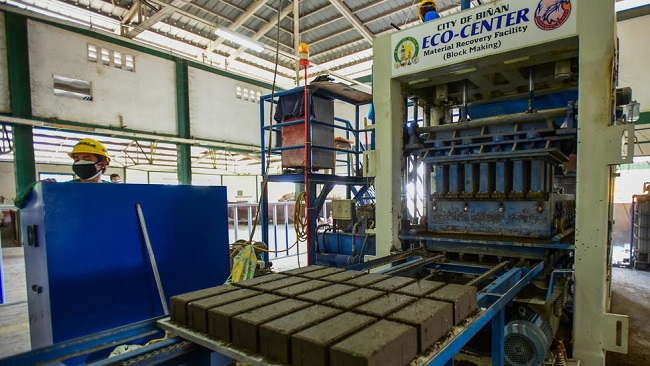16, February 2020
Aviation body allows resumption of US flights south of Iran 0
US authorities have allowed airlines in the country to resume flying through the airspace south of Iran now that tensions between the two countries have subsided.
The US Federal Aviation Administration said on Saturday that flights can resume over much of the Persian Gulf and the Sea of Oman, adding that it had come to the conclusion that hostilities in the region had de-escalated.
The aviation watchdog enacted bans on entering parts of the airspace over Iraq, Iran and the Persian Gulf in early January when tensions flared up between Tehran and Washington over a series of incidents that even raised the prospects of war in the region.
Pilots and carriers were instructed to avoid the region because there was a risk that civilian aircraft could be confused with military planes operating in the area.
Concerns about the safety of flights deepened on January 8 when Iran accidentally shot down a Ukrainian airliner flying from Tehran to Kiev.

All 176 people on board were killed in the incident which came hours after Iran fired ballistic missiles at two American military bases in Iraq.
The missile attacks had come in response to US airstrikes in early January that killed a top Iranian military commander along several Iranian and Iraqi military personnel.
Iran has taken full responsibility for the downing of the Boeing 737-800 operated by Ukraine International Airlines, saying it will do it best to clarify the circumstances surrounding the incident.
Aviation bodies in Europe as well as major airlines around the world have already removed bans on flights through the Iranian and Iraqi airspace.
Source: Presstv



























22, February 2020
Ryanair CEO calls for profiling of Muslims, sparks outrage 0
Ryanair’s chief executive Michael O’Leary has sparked outrage after he called for the profiling of Muslim men at airports, claiming that terrorists are “generally of a Muslim persuasion”.
Muslim men should be profiled and face further checks at airports because “that is where the threat is coming from,” the controversial CEO of Europe’s largest low-cost carrier said in an interview with the Times newspaper published on Saturday.
He further noted under such profiling guidelines, passengers that would be flagged as a potential threat for terrorism would “generally be males of a Muslim persuasion”.
“Who are the bombers? They are going to be single males traveling on their own… If you are traveling with a family of kids, on you go; the chances you are going to blow them all up is zero,” he said.
“You can’t say stuff, because it’s racism, but it will generally be males of a Muslim persuasion. Thirty years ago it was the Irish. If that is where the threat is coming from, deal with the threat,” he added.
A spokesman for the Muslim Council of Britain has accused O’Leary of “Islamophobia” and “encouraging racism”.
“In Germany this week a white person killed eight people. Should we profile white people to see if they’re being fascists? He’s being very blinkered and is actually encouraging racism,” Labour MP Khalid Mahmood told the Times.
The legislator was referring to mass shootings in Germany’s southwestern city of Hanau late on Wednesday during which eight people were killed and five others wounded.
Germany has been targeted in recent years by several extremist attacks, one of which killed 12 people in the heart of Berlin in December 2016.
But far-right attacks have become a particular concern for German authorities. The increase in hate crimes in recent months has prompted the country to expand a crackdown on right-wing political violence in order to repress the disturbance.
It seems that there has been a rise in far-right attacks across Europe in recent years.
On Thursday, a Muslim prayer leader was stabbed in the neck in front of hundreds of horrified onlookers at a mosque near Regent’s Park in the British capital London.
Raafat Maglad, who is in his 70s, returned to the London Central Mosque on Friday, saying he was sorry for the alleged attacker.
“I forgive him. I feel very sorry for him. What is done is done, he is not going to return,” he said, adding that as a Muslim he does not hold any hatred in his heart.
Maglad, who had his arm in a sling as he was escorted in to the mosque by security, said it was “very important” for him to attend Friday prayers.
Addressing worshipers over the loudspeaker system after prayers had ended, London’s mayor Sadiq Khan urged people to remain vigilant and reassured them that police would maintain a presence at the mosque, particularly as the holy month of Ramadan approaches.
A 29-year-old man who is believed to have been attending prayers was arrested on Thursday on suspicion of attempted murder inside the mosque.
However, concerns about the wider threat to mosques were voiced following the stabbing.
London Central Mosque is one of the country’s largest and can hold 5,000 worshipers with people from across London going there for prayers.
Although the incident has not been declared a terrorist incident, the Met’s SO15 counter terror unit is looking into it.
Less than a year ago, the mosque was affected by another stabbing incident.
Britain’s Muslim community has lost trust in the government. Fifty-two percent of all hate crimes last year were aimed at Muslims. But mosques are struggling to get government funding allocated to protecting places of worship. They receive a fraction of what other faiths are awarded.
Source: Presstv